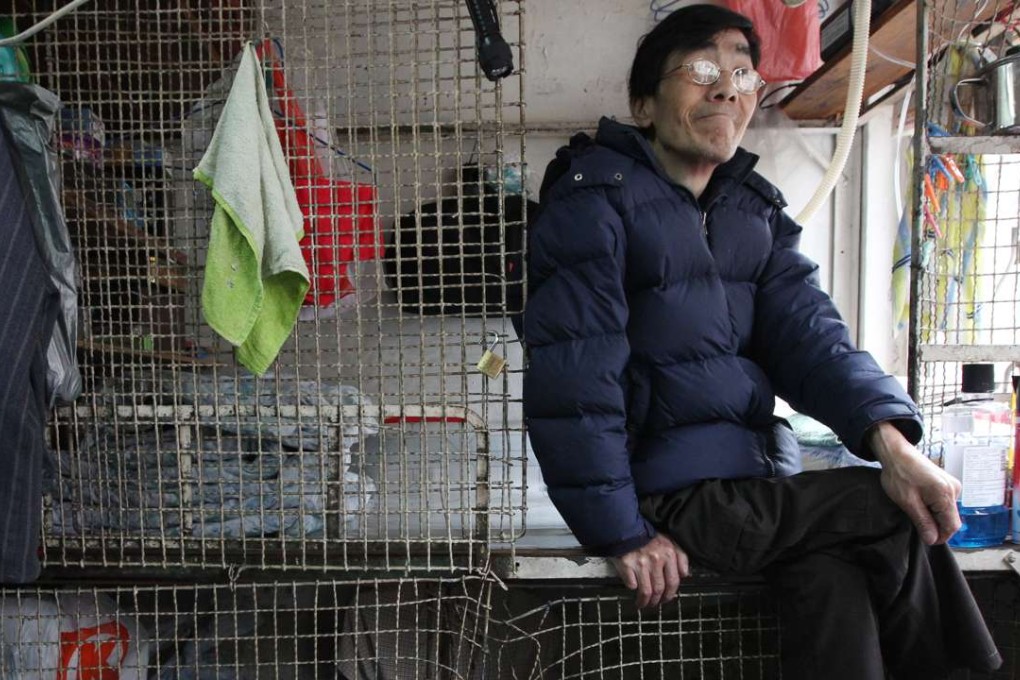One in seven Hongkongers are deprived, study finds, but only a third of these are poor under official guidelines
Chinese University professor says the findings expose failings in the government’s classification of poverty based on income

Only a third of Hongkongers classified as deprived in a new study are considered poor under the government’s official poverty line, which is based on income levels.
Chinese University professor Wong Hung, who was commissioned to conduct the research by the Hong Kong Council of Social Service, based his calculations on access to 14 essential items. Those who could not afford two or more were considered deprived.
The items include being able to afford three meals a day, one or two new items of clothing a year, having an air conditioner and being able to buy Chinese medicine.
Of the 14.5 per cent, or one in seven, considered deprived, only a third fall under the official poverty line, which means the other two-thirds would not be considered poor despite lacking basic necessities.
The government’s poverty line is drawn at half the median household income and is adjusted by household size. In 2014, some 960,000 people were classified as living under the poverty line.
“The figures show us that there are people who are really struggling in life, but according to government statistics, aren’t considered ‘poor’,” Wong said.